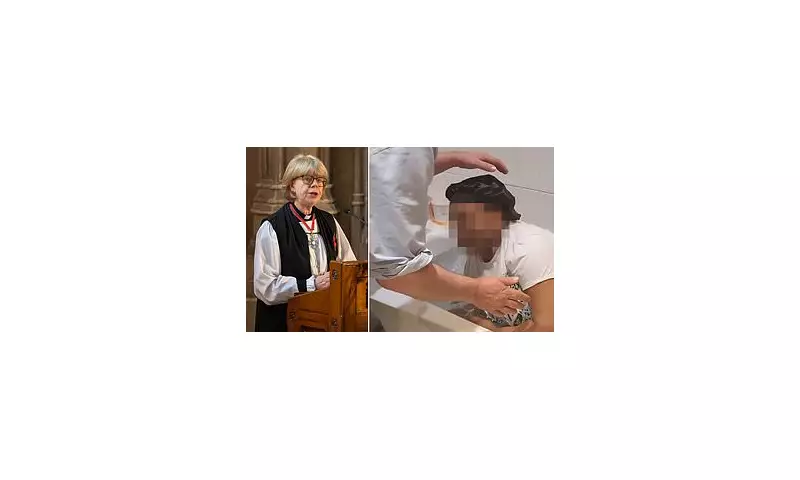
The next Archbishop of Canterbury has stated that churches should not feel apprehensive about baptising asylum seekers, despite growing political unease over fraudulent religious conversions designed to support UK immigration claims.
Defending Faith and Sanctuary
Dame Sarah Mullally, the Bishop of London who will become the 106th Archbishop of Canterbury in a ceremony at Canterbury Cathedral next January, argued that clergy are trained to discern genuine faith. She emphasised that for many Christians facing global persecution, the UK might be the first safe place to publicly declare their belief.
Her comments came during a House of Lords debate on the Border Security, Asylum and Immigration Bill, where she responded directly to concerns raised by Tory peer Baroness Maclean of Redditch. The Baroness had referred to reports of 'bathtub conversions' in asylum hotels, calling it a misuse of Christian faith to 'subvert British open-heartedness'.
The Political and Practical Challenges
The intervention highlights a deepening political controversy. Home Office minister Lord Hanson of Flint stated that 'conversion alone does not guarantee refugee status', while Tory frontbencher Lord Cameron of Lochiel expressed concerns about the asylum system's 'generosity' being manipulated.
This debate follows several high-profile cases, including that of Abdul Ezedi, the Afghan national granted asylum after converting to Christianity. Ezedi was later involved in a chemical attack in Clapham and was given a Muslim burial after his body was recovered from the River Thames. His case revealed complexities in the system, having been twice refused asylum before his baptism.
Furthermore, immigration courts have seen at least six cases since 2019 involving asylum seekers who converted to Christadelphianism, a minority Christian sect. While four claims were dismissed, one succeeded in 2019 for an Iranian man with a 'well-founded fear of persecution'.
A Call for Compassion and Discernment
Dame Sarah Mullally, a former chief nursing officer for England, defended the Church's role while acknowledging the complexities. 'It is not the job of the clergy to assess asylum claims,' she told peers. 'The Home Office has stated that evidence from clergy or church members in an asylum case does not determine the outcome of the claim.'
She urged policymakers to 'tread extremely carefully', highlighting that more than 380 million Christians face persecution worldwide, with thousands killed for their faith annually. For many, she argued, a public declaration of faith in their home country could be a death sentence, making conversion in the UK a logical and safe choice.
'What better evidence, in many ways, of fear of religious persecution in a country of origin than that a person might wait until they were in the UK to publicly declare their faith,' she concluded, affirming the Church's commitment to welcoming all who make a 'genuine, considered and informed decision to follow Jesus Christ'.





